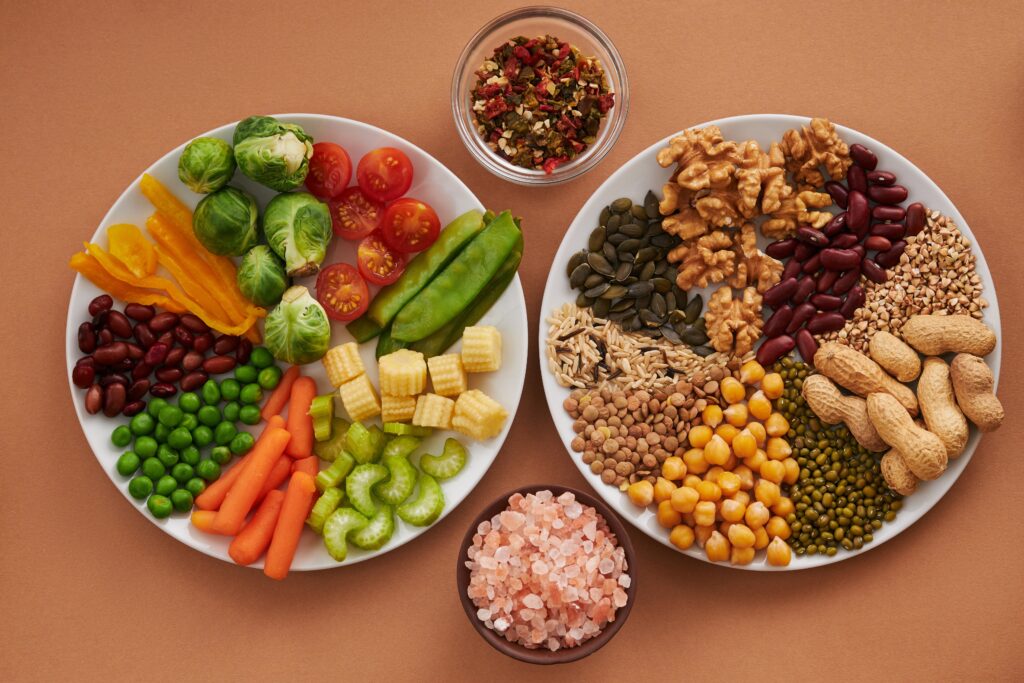High blood cholesterol is a major risk factor for heart attack and stroke. Making some changes in our diet can help reduce cholesterol levels and maintain our heart health. Here are some tips on how you can do it:
- Eat less saturated fat. Too much saturated fats in our food can raise cholesterol levels. Take less fatty meat, luncheon meat, sausages, full cream dairy products and coconut milk. Go for fish, lean meat and chicken without skin. Choose skim milk, low-fat cheese and low-fat yogurt.
- Choose unsaturated fats for cooking. The type of fat in our diet matters. Polyunsaturated fats such as soybean oil, corn oil and monounsaturated fats such as olive oil, canola oil help reduce cholesterol levels.
- Avoid trans-fat which is often found in a variety of food products such as cakes, cookies; shortening, fried foods and non-dairy creamer. Trans fat is an unhealthy fat as it can raise your ‘bad’ cholesterol and lower your ‘good’ cholesterol.
- Go for nutty snack. If you need to snack, go for nuts such as almonds, walnuts, pistachios, pecans or other nuts. They are high in monounsaturated fats. Be careful of snacking whole nuts, grinding nuts will help to reduce impact on your teeth.
- Choose low fat cooking methods. Instead of frying, consider steaming, poaching, boiling, microwaving and stewing in your daily meal.
- Include more fibre in your diet. Diet high in fibre can lower blood cholesterol and can also help improve blood glucose control. Choose wholemeal bread instead of white bread. Go for unpolished rice or brown rice. Besides eating lots of vegetables and fruits, try including grains such as oats and barley in your diet.
- Eat a healthy balanced diet. Eat a variety of food in the right amount to meet your daily nutritional needs. A healthy balanced diet can also help you manage your weight better and reduce the risk of getting heart disease, diabetes, high blood pressure and high cholesterol.

The information, images and other material contained on this website are for informational purposes only, and are provided with no guarantee of accuracy, completeness or usefulness and without any warranties of any kind whatsoever, express or implied. No material on this website is intended to be a substitute for professional medical advice, diagnosis or treatment. Always seek the advice of your physician or other qualified healthcare provider with any questions you may have regarding a medical condition or treatment.
References
1. “My self-care toolkit” by Singhealth Polyclinics May 2007
2. “Lower your cholesterol” NHS website
3. 2013 AHA/ACC guideline on lifestyle management to reduce cardiovascular risks
4. “11 food that reduce cholesterol” Harvard Health Publishing website
5. “16 tips to lower cholesterol” WebMD website
6. “Trans fat is double trouble for your heart health” Mayo Clinic Website
7. Feature Photo by Vanessa Loring on pexels.com



